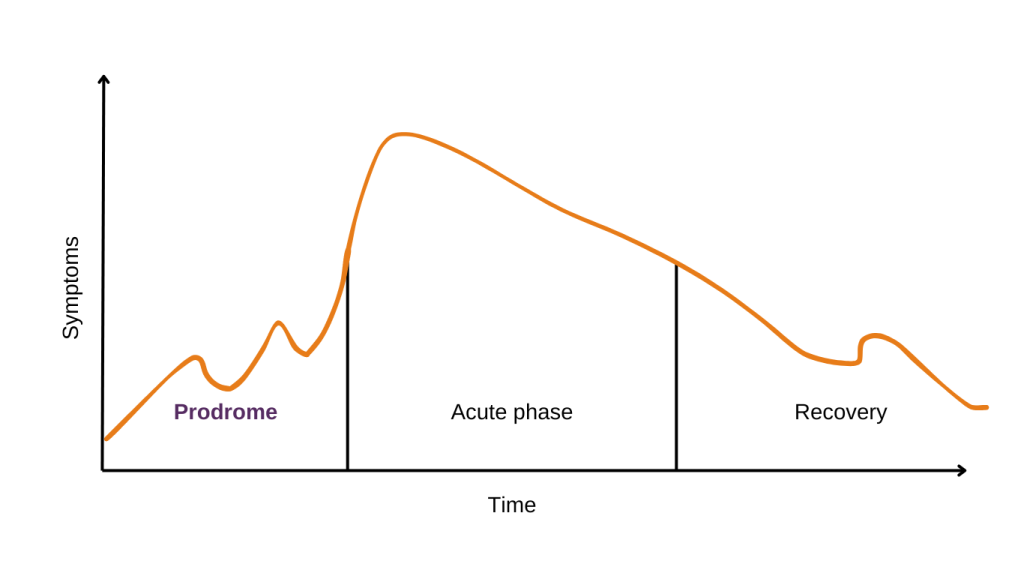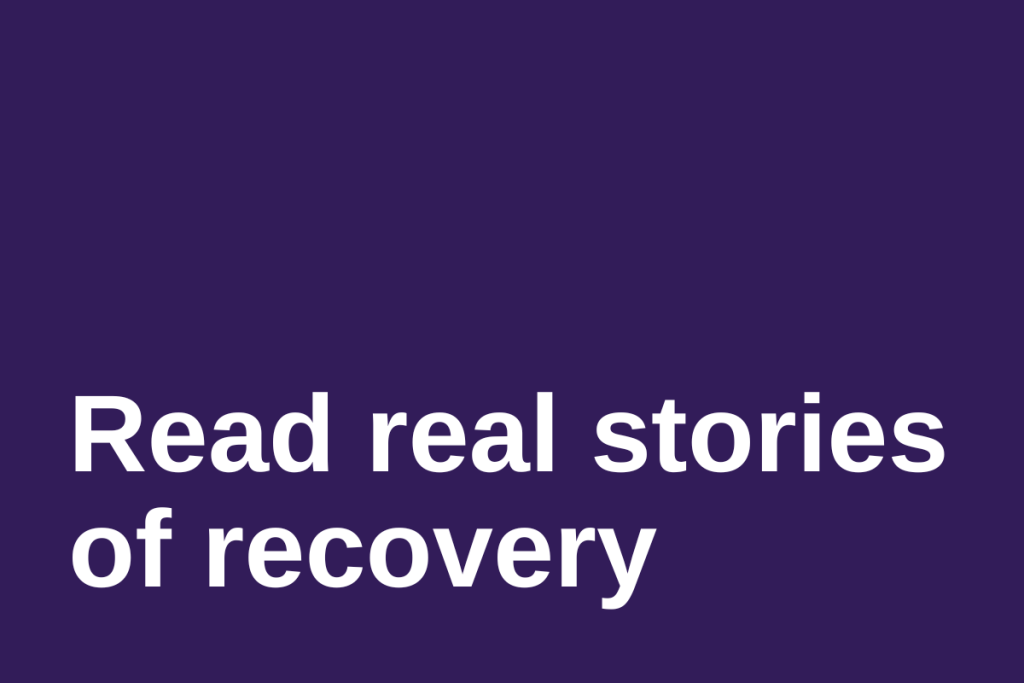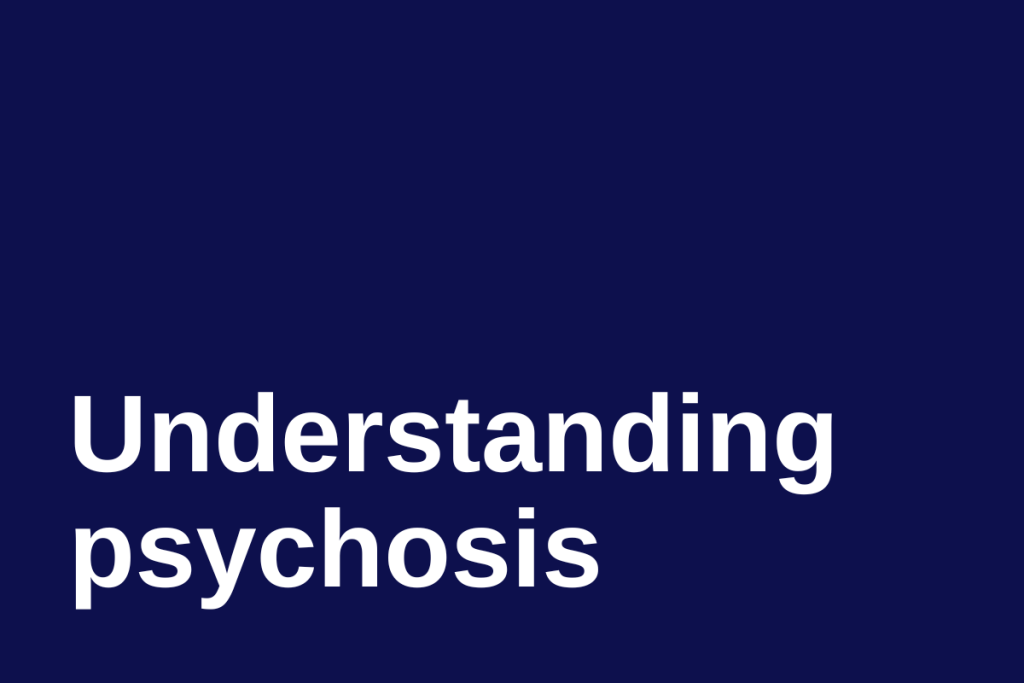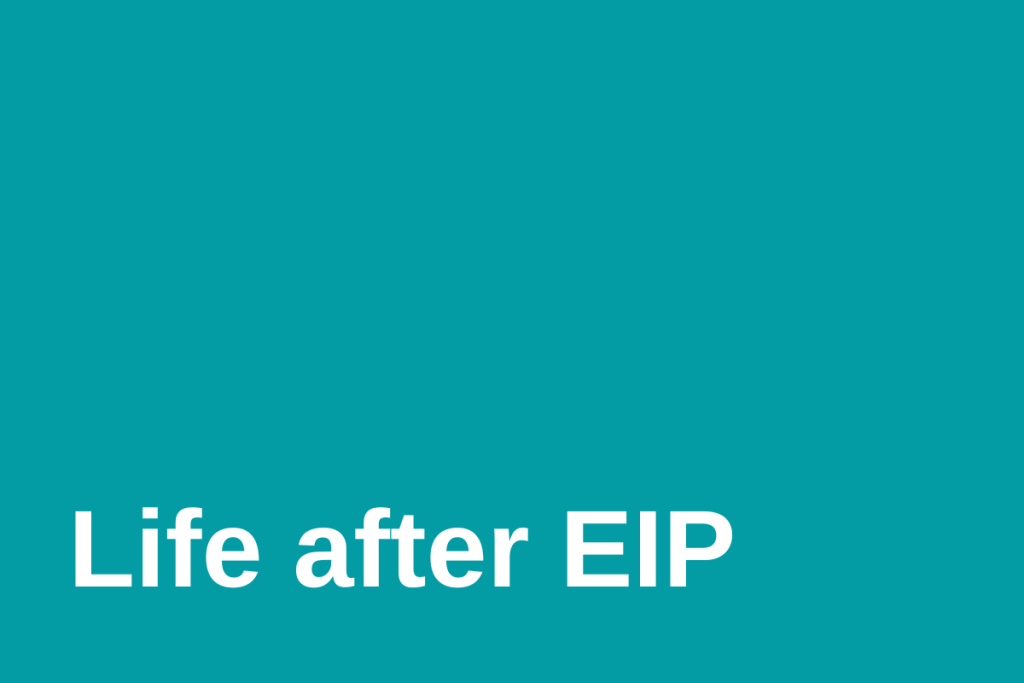It is really important that as soon as someone starts experiencing the early symptoms of psychosis they receive care and support as soon as possible. By doing so we know the impact of the illness can be reduced.
Early Intervention in Psychosis (EIP) services are a specialist team of practitioners who work within the community in all areas of Wales. They offer specific support to people to manage and recover from psychosis and work with individuals for a maximum of three years from the point of referral.
Psychosis can affect someone in many different ways, but your local EIP service will make sure they work closely with you (and your family where appropriate) to understand your difficulties and how best to move forward.
Each service can provide a number of different interventions as we understand everyone is different.

Stories of recovery
On our blog you can read real people’s experiences of recovering from psychosis.
First steps
Once the service receives a referral, they will make contact with you and arrange a suitable time to meet and discuss how best they can support you. They will ask you about your symptoms but also about what is important to you, what your goals are for the future and how you would like to work with the team. You can choose to see them on your own or with a friend or family member as support.
Following assessment, you will be allocated a care coordinator who will be your main point of contact. This is the person who will develop a care and treatment plan with you during the first few weeks that sets out the plan that will support your recovery.
The care and treatment plan focuses on all aspects of life including medical and psychological needs, social interests, physical health, helping you with work or college, relationships with family and friends, where you live, money, drugs, alcohol, plus anything else that is important to you.
During your time with EIP, you will meet different professionals such as mental health nurses, doctors, psychologists and occupational therapists. They will be a ‘team’ who will support your recovery. There will be different activities to get involved.
Everything will be done at your pace. Find out more about care planning, interventions and the role of a care coordinator on the Services to support you page.
Medication
As part of your care and treatment, it may be suggested that you take a prescribed medication. Your doctor and EIP team will talk through the options with you. It is difficult to predict whether a person will experience side effects, however, your care team will talk this through with you to help you make the decision that is right for you. Any side effects will be monitored.
It is important to remember that many medications take a while to start working and not all medications work for every person. More information can be found on the YoungMinds website.
Relapse and recovery

Recovery from psychosis is a personal experience, it will look different for everyone, and the care and support needed to keep someone well will also look different for each person.
If symptoms start to re-appear after a period of being well managed for some time, this may indicate a relapse.
If symptoms do return it can be a confusing and challenging time, it can also affect the family and loved ones who support the individual with psychosis. It is therefore important to seek advice and support as soon as symptoms are noticed.
The warning signs of relapse will vary from person to person, but some common symptoms are
- Paranoia
- Sleep difficulties
- Increased anxiety
- Lowering of mood
- Confused thinking
The EIP service will always work with individuals to identify their personal relapse signs and support development of a plan to manage this, should it occur. As part of a care and treatment plan, time will also be spent thinking about what keeps someone well, what supports personal wellbeing and what can have a negative impact on an individual’s mental state. Importantly, a plan will also be developed focused on what to do if symptoms to re-appear and/or the person needs urgent support (known as ‘crisis and contingency planning’).
Throughout the time a person spends with an EIP service there will be conversations and planning around what life will look like after EIP care and support has ended.
Read more about the phases of psychosis.
Fact or fiction?
There are several myths and misconceptions about psychosis, about what it is and what causes it. To help separate fact from fiction, we’ve shared some common misconceptions on our myth-busting page.





